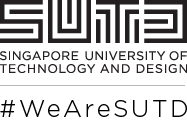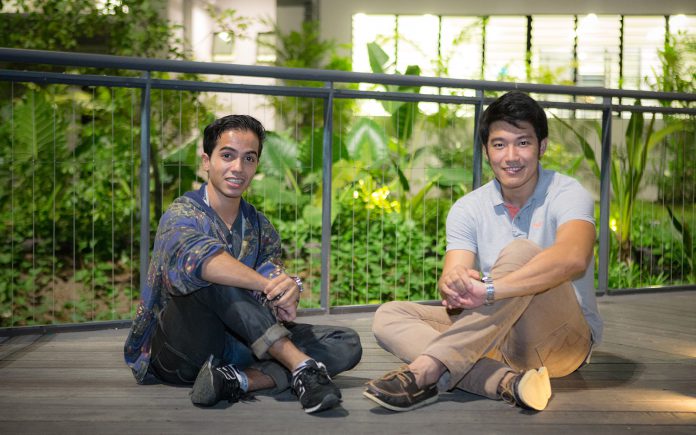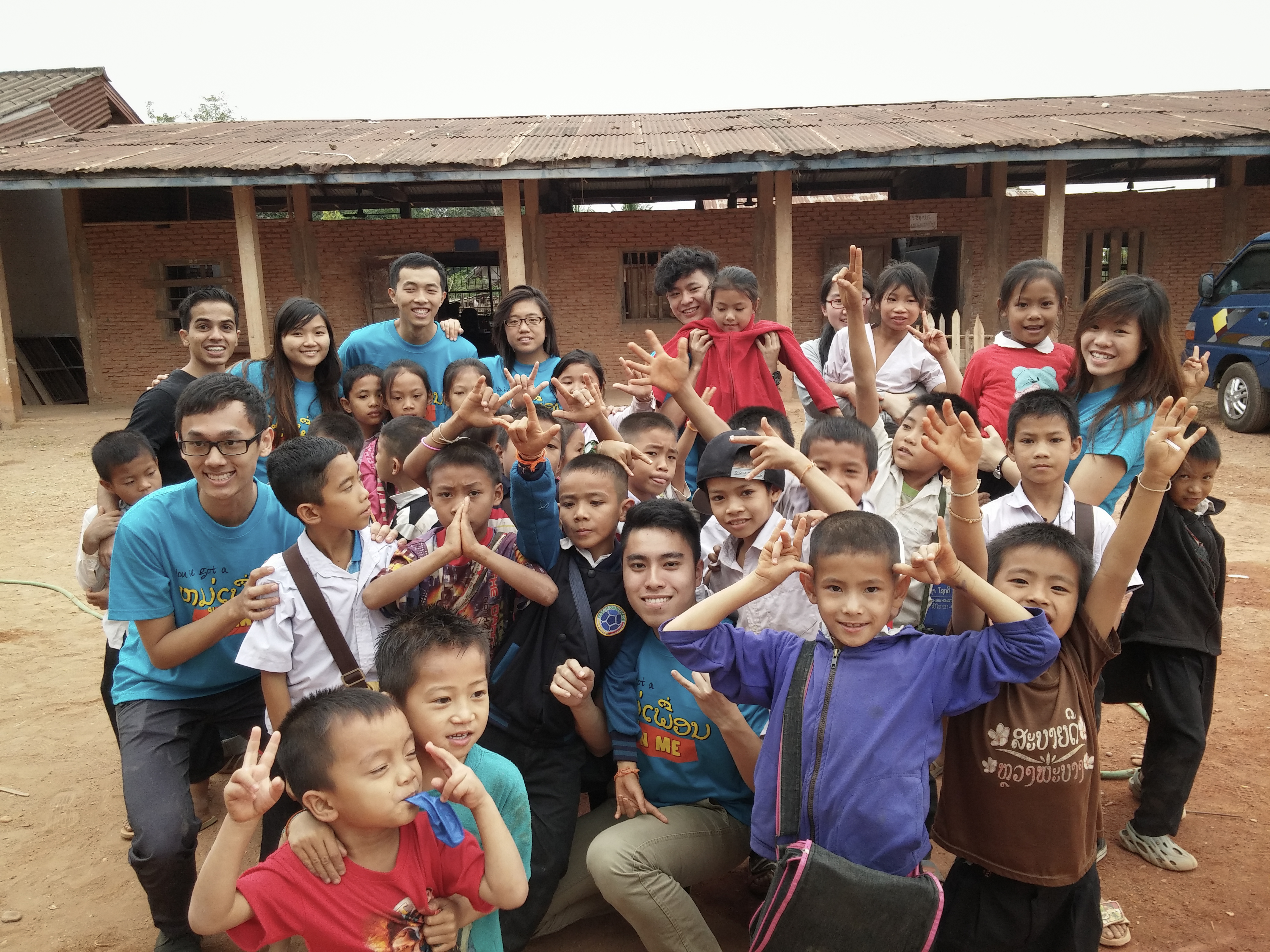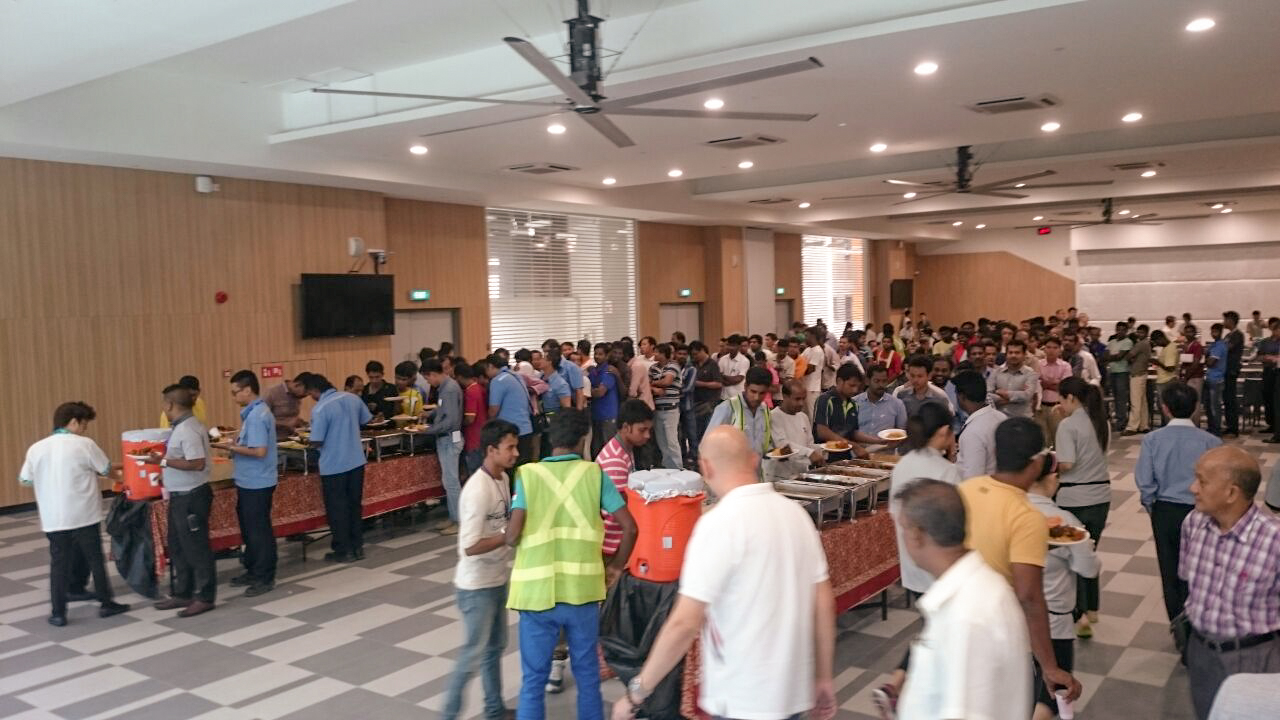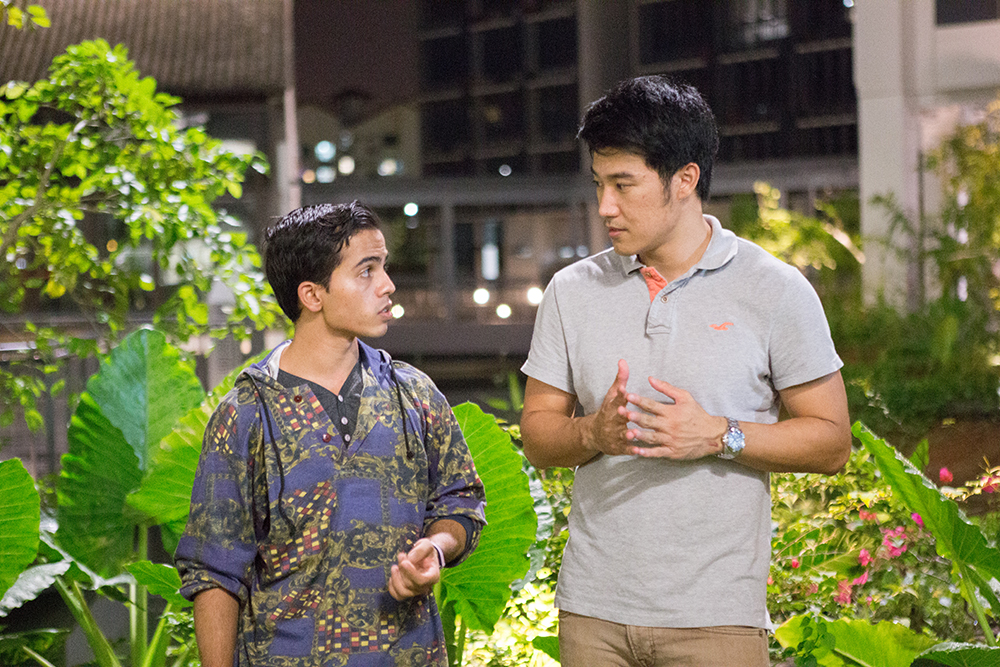Understanding the status quo and its issues, establishing empathy with current users, and building solutions that solve problems in meaningful ways— these are integral parts of the design process. These are also key to how things work at Rotaract SUTD, our university’s first community service club.
“Don’t take things for granted. One can only gain from what you’ve put in.” — Ow Yam Huo
Yam Huo (Graduate, Engineering Systems and Design (ESD)) shares that this is an important core guiding philosophy for one of Singapore’s youngest Rotaract chapters, Rotaract SUTD. For this young team, it is always important to get involved and actively apply one’s expertise and experience to the project at hand.
One of Rotaract’s most memorable projects was an overseas project to a remote village in Laos. Together with teaching English to young primary school children, Rotaract had a second goal as well: “To get them hooked onto education!”, shared Aditya, a senior student in ESD.
Aditya shared that the nearest secondary school to this remote village is 80km away, in Vientiane. This meant that further education, secondary school and beyond, is essentially out of reach for most of the children there. This is a challenge in geography as well as mindset, as many may not see the value and potential of furthering one’s education.



 With this in mind, Rotaract organised science classes for young primary school children to conduct their very own science experiments, which they loved and learned so much from. Rotaract wanted to plant the seed, to show children what education can bring for them and their community. Aditya added: “Not to impose, but to get them interested.”
With this in mind, Rotaract organised science classes for young primary school children to conduct their very own science experiments, which they loved and learned so much from. Rotaract wanted to plant the seed, to show children what education can bring for them and their community. Aditya added: “Not to impose, but to get them interested.”
Rotaract is organised into five families, each numbering 10 to 15 students. Each family focuses on a different segment in society— children, youth, elderly, environment and animals. Besides forming teams based on one’s interest and passion, Yam Huo and Aditya shared that the families’ approach also solved another problem neatly.
Many beneficiaries have limits on the number of volunteers they can take in at one time or on one day, for management and logistical reasons. By forming families, Rotaract created an elegant win-win solution for both beneficiaries and members— the smaller, specialised teams are a better fit for the beneficiaries’ needs, and members can get involved more often for a cause they are passionate for.
One especially meaningful project was the appreciation lunch for the construction workers who had worked hard for months and years on our very own East Coast campus. It was a challenging project to put together, where Rotaract had to raise funds and secure sponsors. In the end, of course, it was worth it— a meaningful and memorable way to thank the workers.
Reaching out to more beneficiaries and segments, Rotaract is also developing an app for SOSD, Save Our Street Dogs, to raise awareness for their cause, and educate people on what to do when they see a stray dog. For the elderly, they are actively planning for Silver Fiesta, a carnival with many fun games and activities for our seniors.
Rotaract has come a long way and plans to grow its reach and impact for the community for many years to come. As SUTD students, they are constantly discovering ways to apply design and technology into community service. This makes Rotaract’s journey even more exciting and meaningful, for their members and our larger community.
“Never underestimate the impact of your project.” — Aditya
